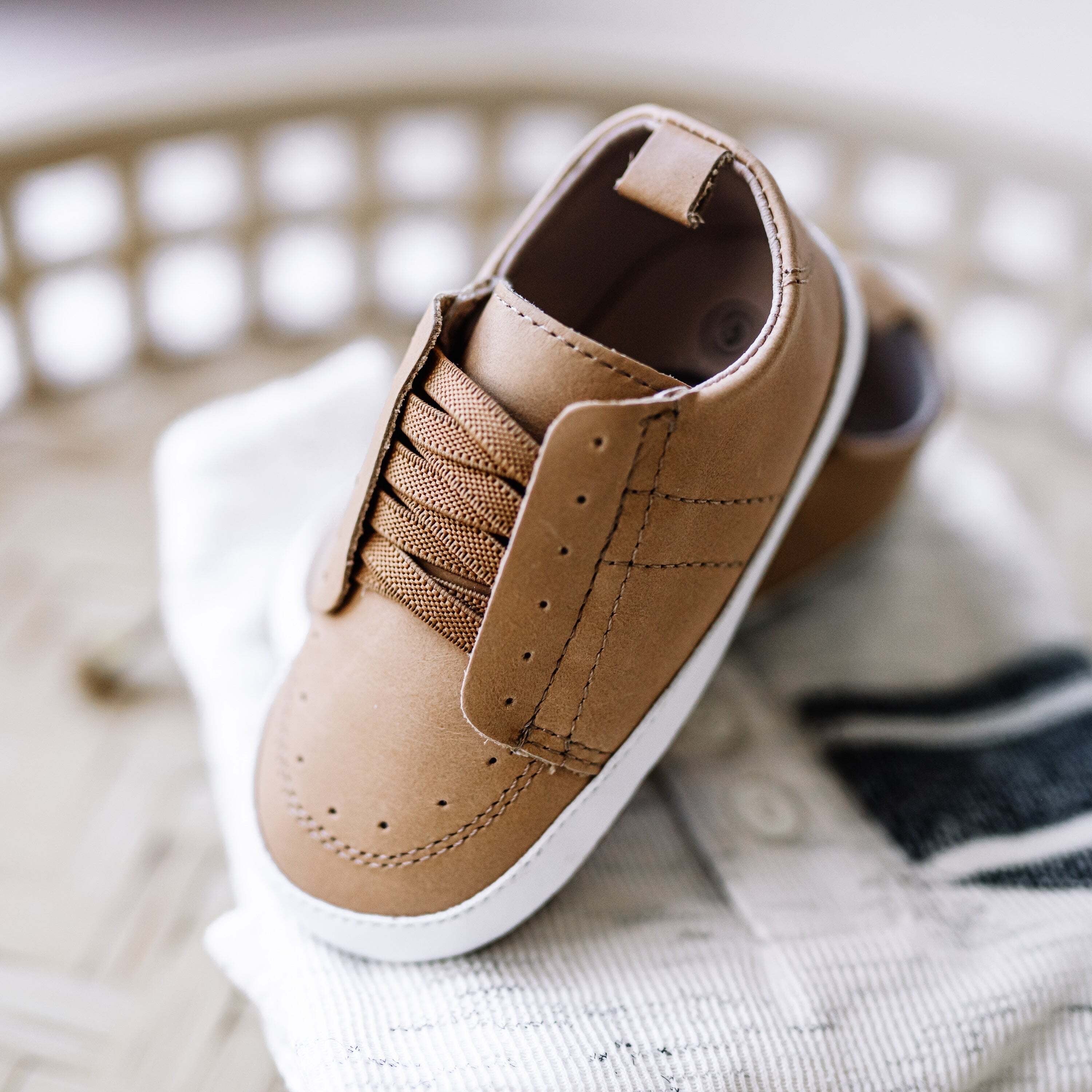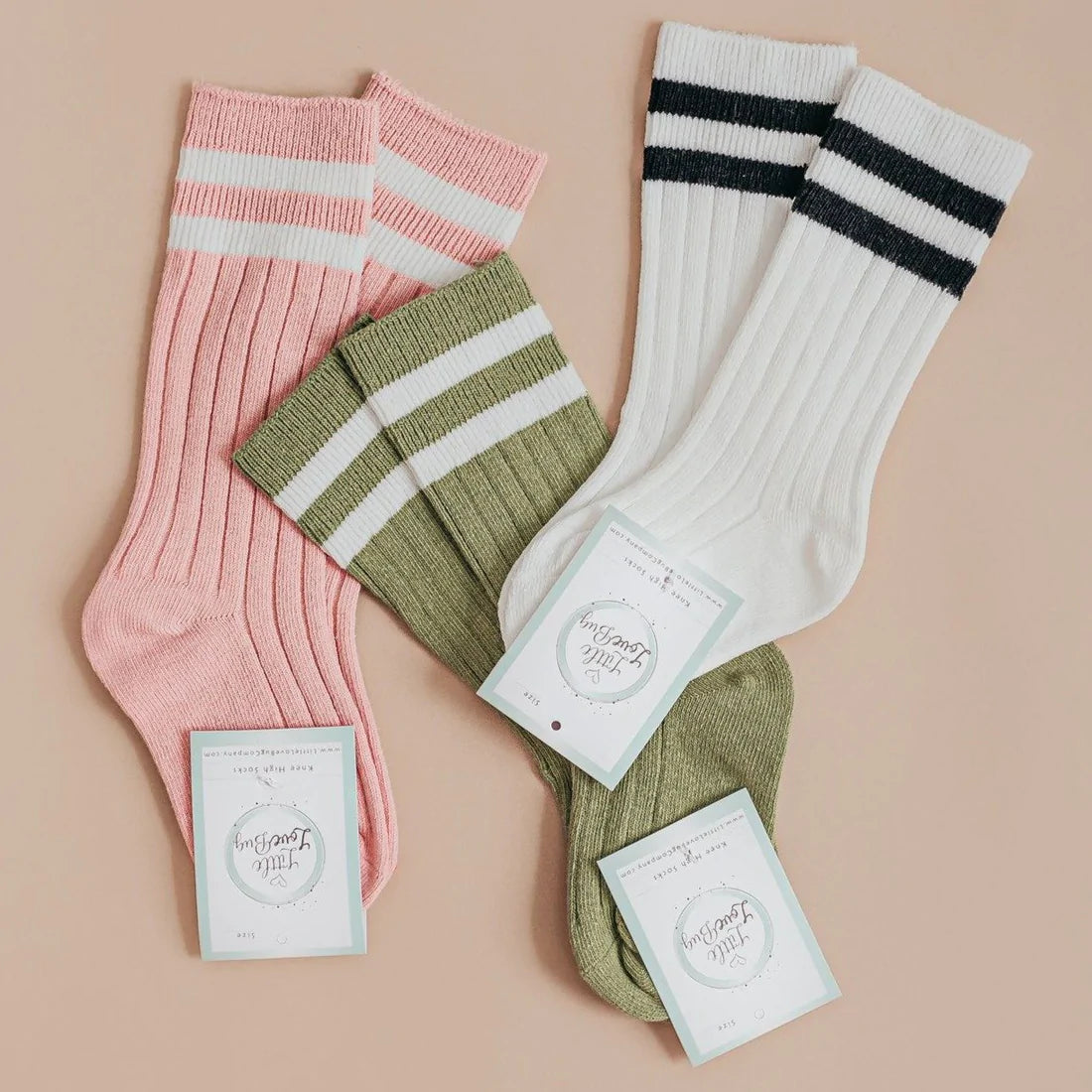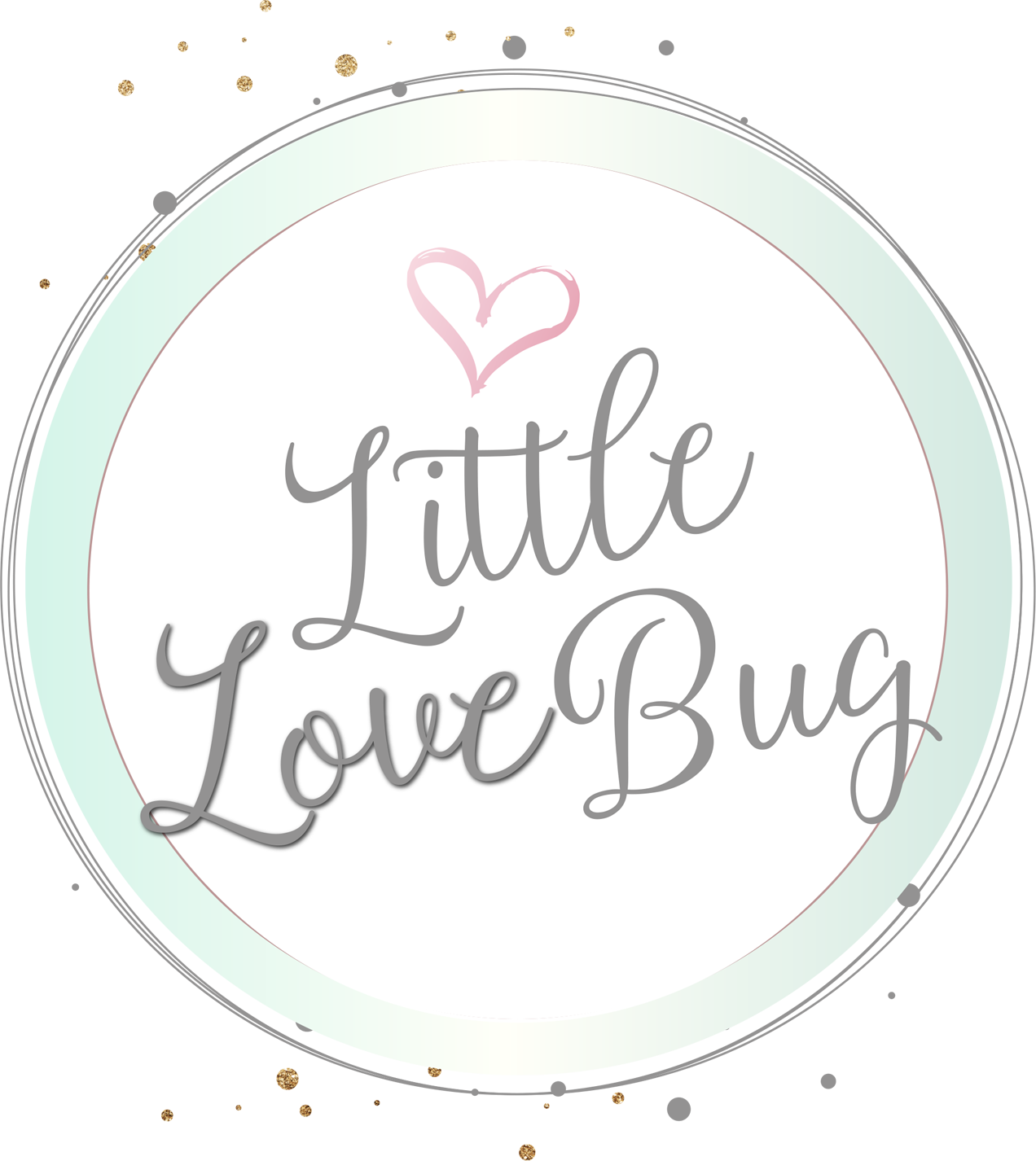
Viruses love us. That’s a fact. Every year, run-of-the-mill respiratory diseases like the common cold and the flu infect millions of people, and once in a while, brand new afflictions like the coronavirus dubbed COVID-19 rise up and grab headlines worldwide. While the fatality rate for most of these illnesses is low, it doesn’t hurt to be prepared.
“One should be aware of one’s surroundings, be aware of the situation, but not be fearful,” says Stanley Perlman, a professor of microbiology and immunology at the University of Iowa.
Most importantly: wash your hands
The No. 1 thing you can do to avoid getting sick is to regularly wash your hands. Doing so dramatically reduces your chances of transmitting or contracting both respiratory illnesses and those that will give you diarrhea, according to the U.S. Centers for Disease Control and Prevention.
The story linked at the start of this section gives detailed information about how to properly wash your hands, but here’s the quick version: use a water temperature that feels good, lather with any soap you like, scrub for 20 to 30 seconds, and don’t forget the backs of your hands. If you’re not sure how long half a minute is, try spending two seconds washing each finger—that should get you pretty close.
If all you’ve got is hand sanitizer (maybe you just touched something mysteriously goopy on public transit or took a tumble in the dirt outside), it’ll do a passable job until you can actually wash your hands. Use products that are at least 60 percent alcohol and rub it in until your skin is dry. Don’t consider it a substitute for a solid hand-washing, though.
Get a flu shot
“But the coronavirus isn’t the flu!” you yell across the internet, angrily slamming your fingers against your poor keyboard. Yes, you’re right, it’s not, but the symptoms are similar enough across respiratory diseases that if you’re sick, it’s hard to know what you have without going to a doctor.
The problem is that if hospitals are preoccupied with thousands of people who think they have the latest sensationalized disease but actually have the flu, it’s harder for them to treat people who are truly suffering from something that can’t yet be prevented with a vaccine.
“If you get the flu, you’ll say, ‘Oh my goodness, do I have the flu or coronavirus?’” says Perlman, who studies coronaviruses. “If you don’t get the flu, you’re going to eliminate a lot of that worry.”
Don’t stock up on face masks
Even heavy-duty N95 face masks alone won’t do much to stop viruses from entering your body. They might offer some protection as a physical barrier, especially if you’re close to an infected person, but air can always find its way around the mask. Plus, public health experts say you’re far more likely to become infected by touching things with your hands and then touching your face. So again: wash your hands.
Plus, hoarding masks for yourself may keep them out of the hands (and off the faces) of medical professionals who actually need them as part of their protective suite while they treat the sick.
If you do get sick, that’s when you should consider using a face mask. If you can’t stay home and have to go to the doctor’s office or a hospital, covering your own mouth and nose will reduce the number of viral particles you release into the air around you.
And if you do decide to buy masks, get disposable ones, not cloth ones. Covering the warm, wet environment around your mouth can turn your face into a sort of greenhouse for bacteria and viruses. Not cool. You’ll want something you can toss in the trash. Don’t wear the same one for days, either—even N95 masks should be changed every eight hours.
Stock up on food, but like, not all at once
Empty supermarket shelves are a common sight before snowstorms, hurricanes, and even potential viral outbreaks. But with a little bit of foresight, you can avoid doubling your weekly grocery bill, depriving your neighbors of food, and potentially brawling with Joe from across town over the last can of chicken noodle soup.
If you understand that there might be times when you’re forced to stay inside, either because you or a family member or sick or because a blizzard shut down your city, the easiest thing to do is buy one extra can of beans or another non-perishable item whenever you can. Then, just stash them away for a rainy (or sniffly) day. You won’t even have to go outside to stock up because you’ve already done it.
Health experts haven’t definitively said how much food you should stow away, but the CDC says a typical bout of flu lasts one to two weeks. The current quarantine measures for COVID-19 is two weeks, too, based on the longest incubation period of similar coronaviruses. Given that information, having one to two weeks of food stockpiled and ready to go in case of an emergency is likely your best bet.
You may be tempted to lock your doors and have all your food delivered. That has seemed to work in Wuhan, China, where COVID-19 originated, Perlman says, but doing so before widespread outbreaks have occurred is premature. If you are sick, though, and receive deliveries, make sure you don’t have face-to-face contact with your delivery people—and keep in mind that your food is likely being prepared and delivered by people who can’t afford to take off of work when sick, so stick to groceries instead of takeout.
Make sure you have the medicine you need and keep it in once place
You probably already have over-the-counter medicines like ibuprofen somewhere in your house, but if you or a family member has a prescription for other drugs, you should make sure you have enough to get you through a lengthy home stay. If you can’t keep enough on hand, and can’t leave your house, enlist a friend or family member who doesn’t live with you to pick up any necessary medications.
Once you’ve gathered your medicine, hand soap, hand sanitizer, tissues, and other health supplies, store them all in one place. It doesn’t matter whether that’s a cabinet, a bag, or a drawer. Having a set location that everyone in the house knows about and can be easily described to any visitors will ensure anyone who needs anything gets it as fast as possible.
Make an emergency plan
Diseases, whether they’re pandemics or not, can really mess up your day-to-day life. That’s why it’s important to have a plan in place that will help you adapt to whatever our germ-filled world throws at us. Once you make one, make sure everyone in your household, family, or community knows what it is and what they have to do.
If you have kids, that could mean developing a child care plan for when you or another caregiver gets sick, or making arrangements for how to handle school closures. If your children end up stuck at home, try to keep their routines as normal as possible and make sure they’re busy with activities, exercises, and educational materials, the CDC says. Through it all, watch their health carefully.
And if you’re charged with taking care of a sick family member, devise a way to do so that minimizes the chance of you getting sick. If someone in your house is sick, stay home if you can. Set up a separate room, and possibly, a separate bathroom, for them until they’re better. Clean the rooms they use daily with soap and water, a bleach and water solution, or U.S. Environmental Protection Agency-approved household products, the CDC says.
On a community level, the CDC recommends talking to your neighbors about emergency planning and identifying local organizations that can help out if you or others don’t have access to information, health care, or other resources. You should also keep an emergency contact list on hand and make plans to check up on people who live alone, especially if they’re elderly or have other health problems that may make them more susceptible to disease. If you’re someone who lives alone, find people who will regularly check up on you.
The tips listed here won’t guarantee you don’t get sick, or even that you’re 100 percent equipped to ride out a pandemic, as every disease is different. But by keeping this advice in mind and staying informed about potential health risks, you should be able to ensure that viruses, as much as they want to come hang out, stay the heck away.
Written by John Kennedy for Popular Science and legally licensed through the Matcha publisher network. Please direct all licensing questions to legal@getmatcha.com.


